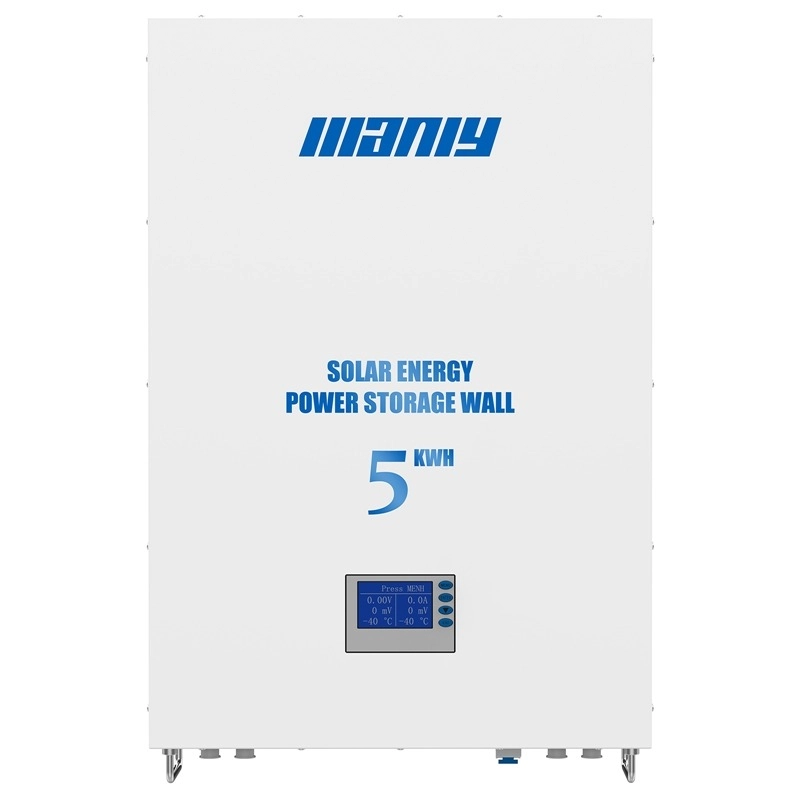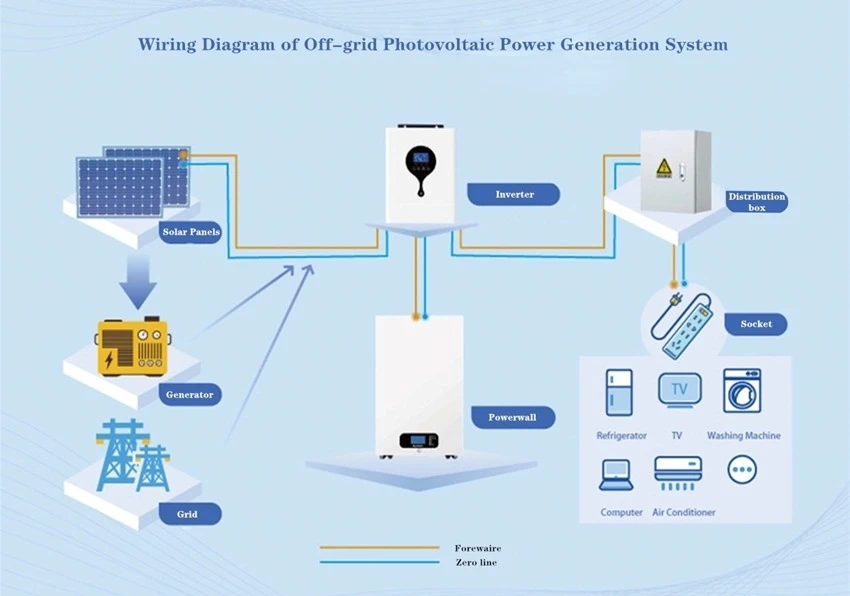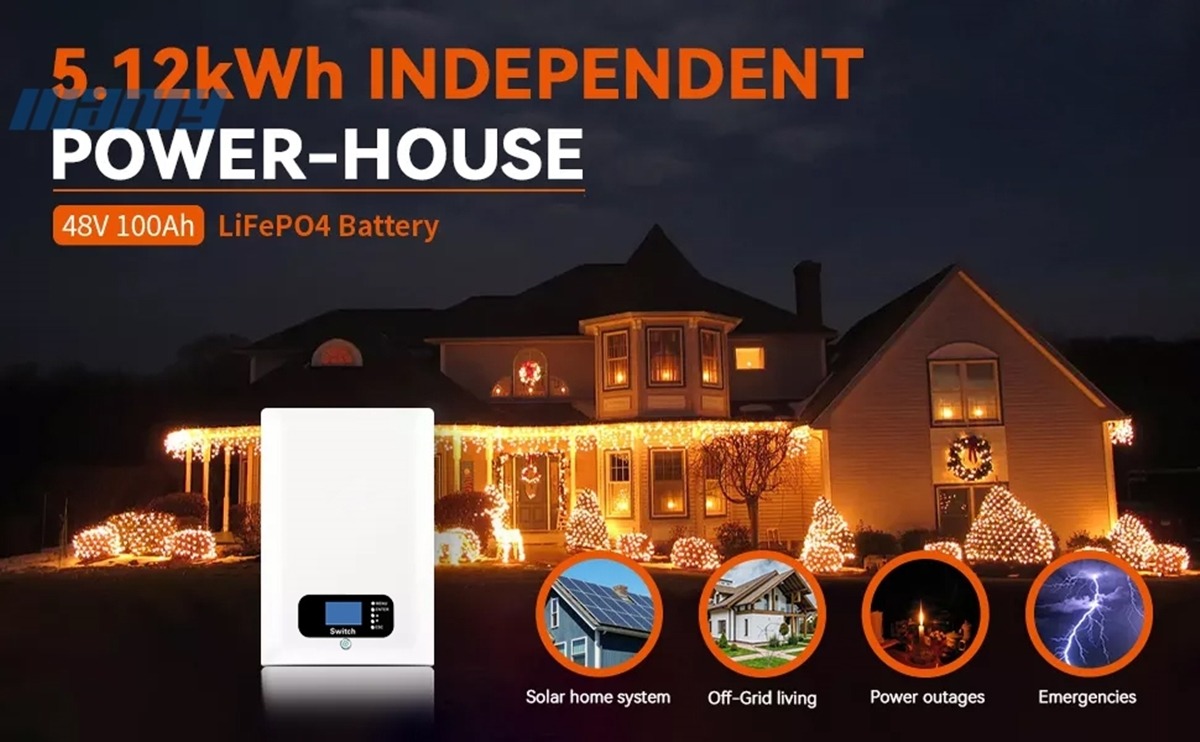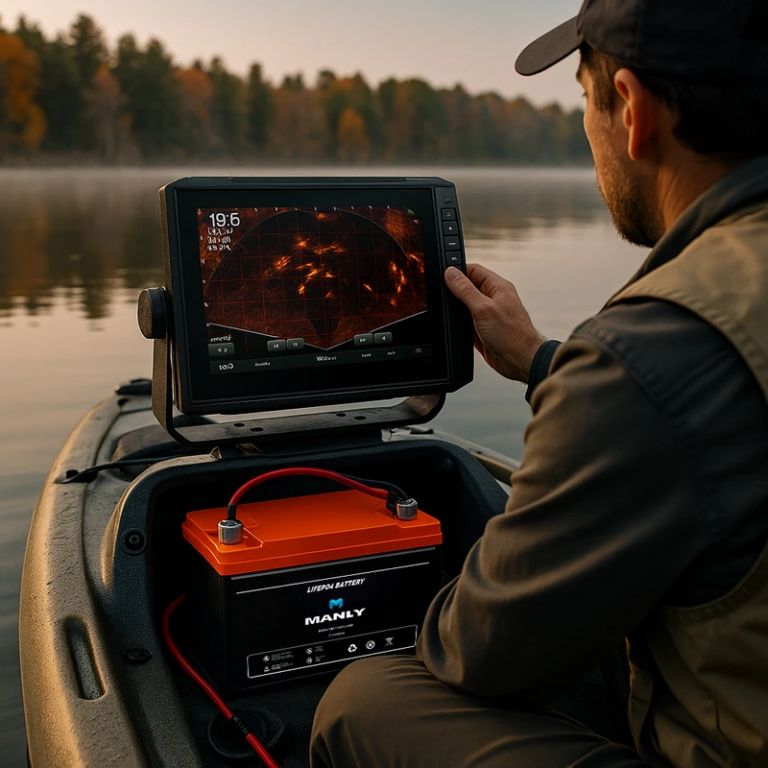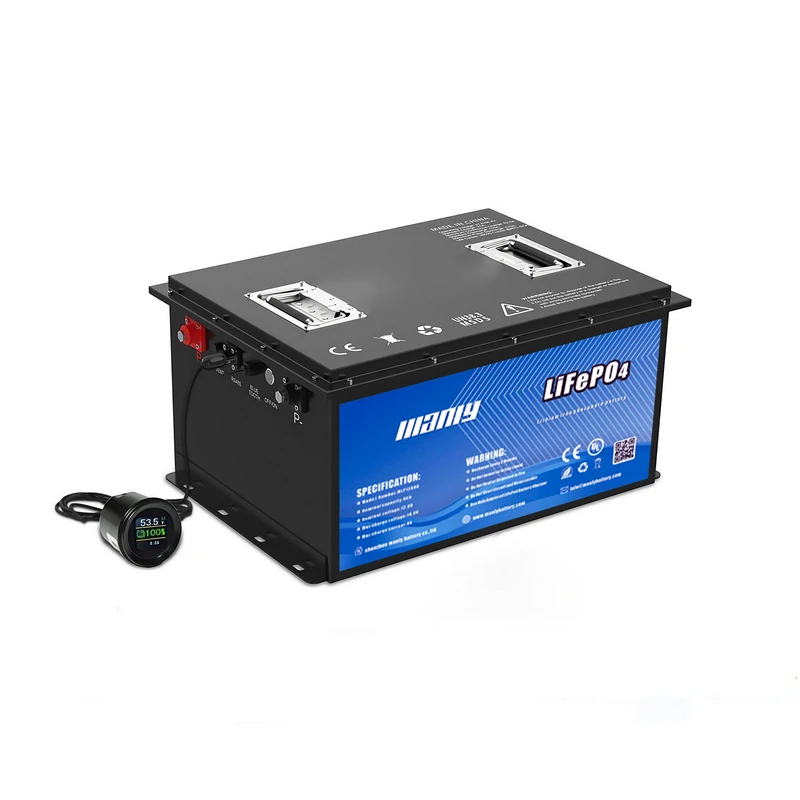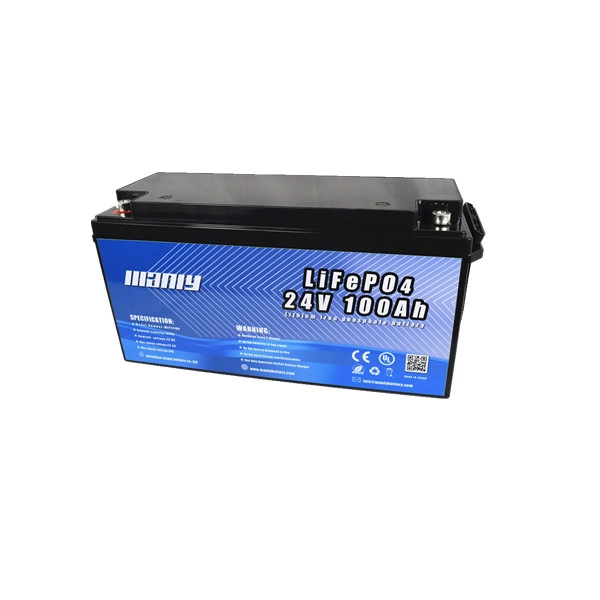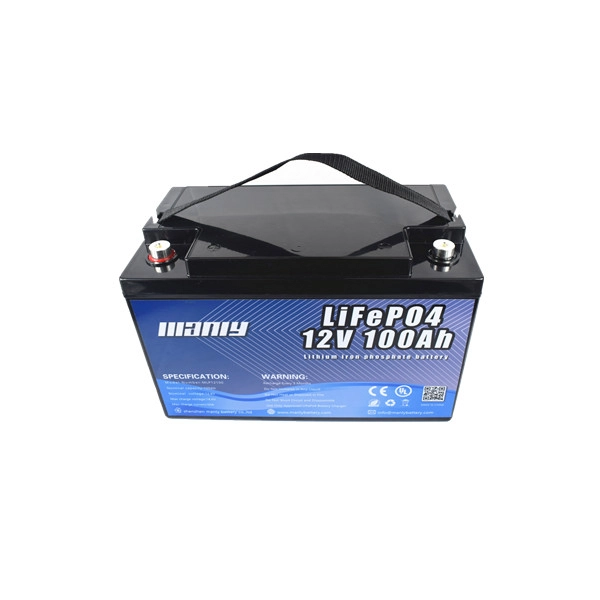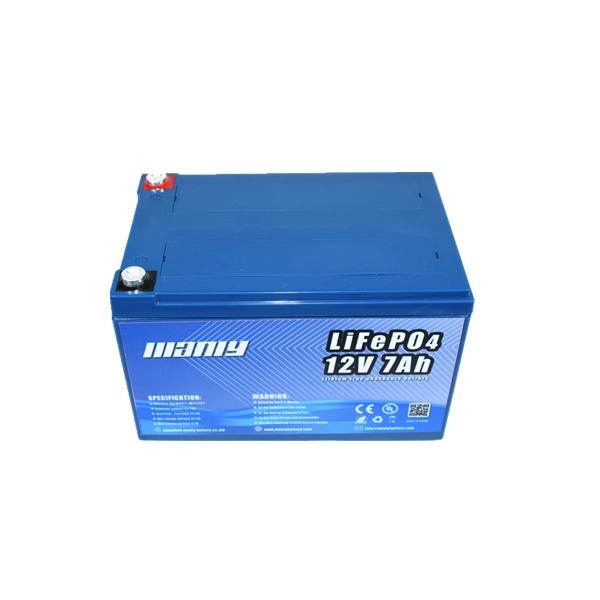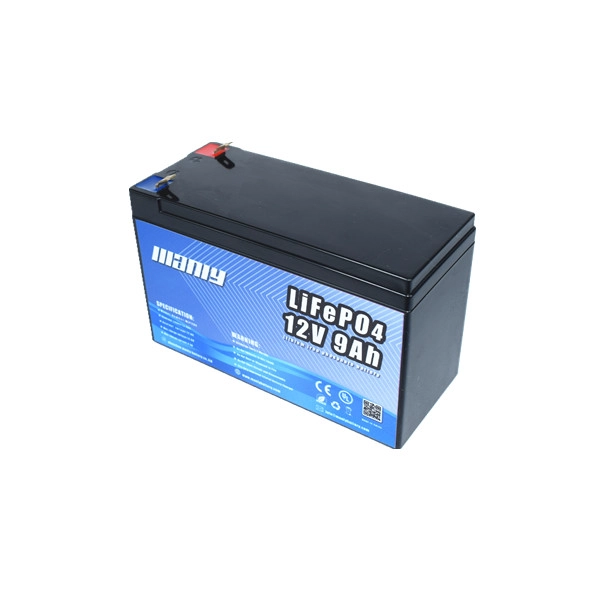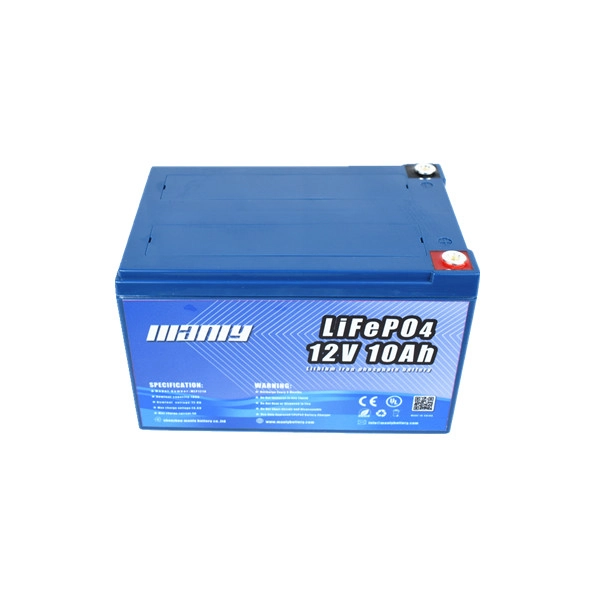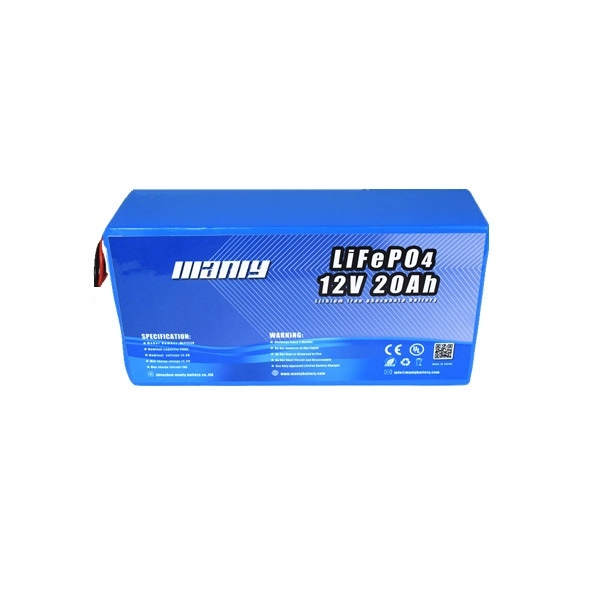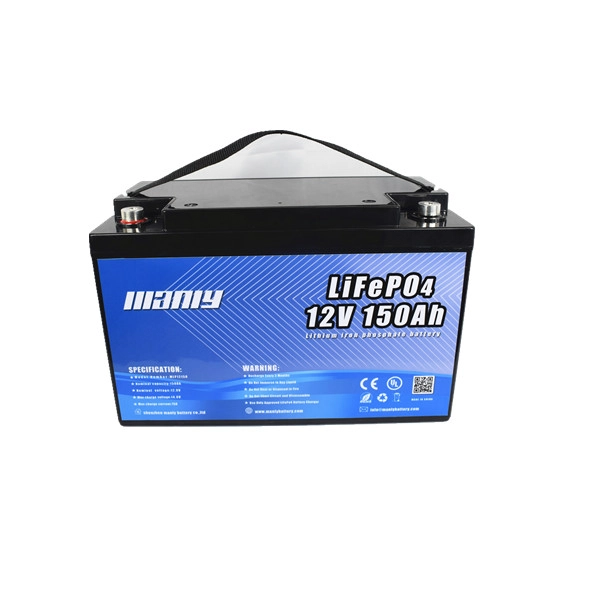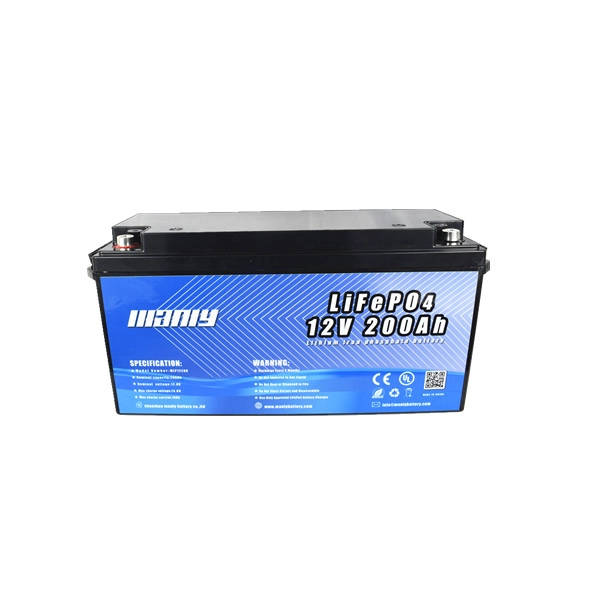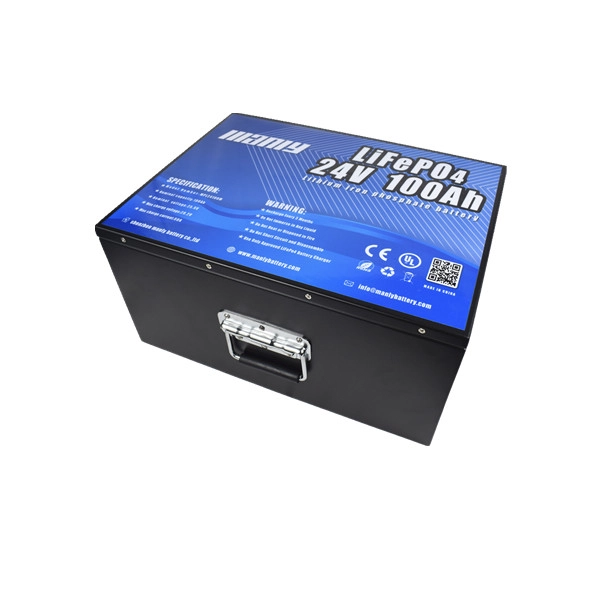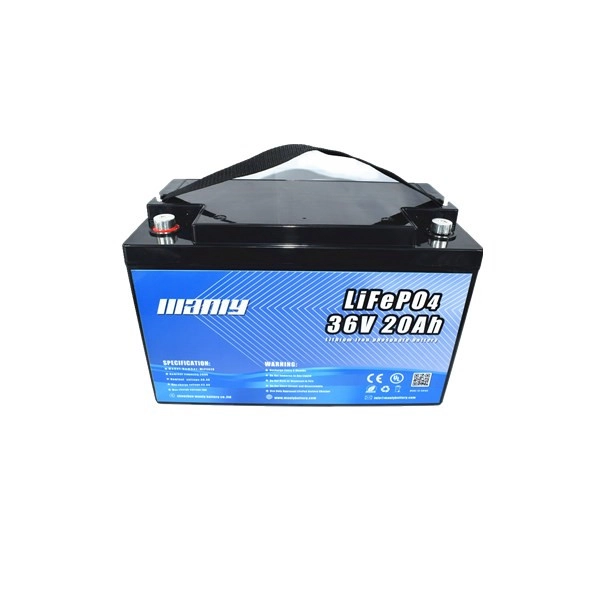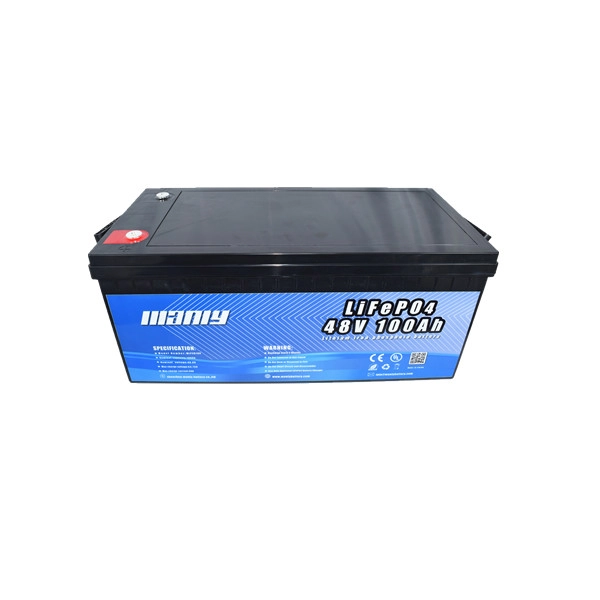2024 How Long Does a 5kwh Battery Last
Tabla de contenido
- 2024 How Long Does a 5kwh Battery Last
- Understanding 5kWh Battery Capacity
- Factors That Affect the Runtime of a 5kWh Battery
- Choosing the Right Replacement Solar Batteries
- Solar Battery Prices: Comparing 5kWh to Other Capacities and Brands
- Estimating the Runtime of a 5kWh Battery
- Comparing 5kWh Batteries to Other Capacities
- Conclusión
- Preguntas más frecuentes
- Búsqueda caliente
- Más información sobre la batería
A 5kWh battery is a key component in modern energy systems, commonly used for residential and commercial energy storage. Its capacity, measured in kilowatt-hours (kWh), represents the ability to store and deliver 5,000 watt-hours of energy. This means a 5kWh battery can power a 500-watt device for 10 hours or a 1,000-watt appliance for 5 hours under optimal conditions. Batteries of this size are frequently integrated with solar systems, providing a dependable energy reserve to reduce reliance on the grid.
Understanding the runtime of a 5kWh battery is essential for effective energy planning. Whether you use it as part of a solar energy solution, as a backup during outages, or for peak-time energy management, knowing how long it can last ensures smooth operation and avoids power shortages. Various factors—such as energy consumption, battery type, and maintenance—can significantly impact its performance.
This article will explore the runtime and lifespan of a 5kWh battery, compare the cost of solar battery options, and discuss considerations for replacement solar batteries. We’ll also highlight differences between technologies like the lead acid solar battery and the lifepo4 battery for solar systems, providing actionable insights for anyone investing in a lithium battery for solar system. By understanding these aspects, you’ll be better equipped to manage your energy needs efficiently and sustainably.
Understanding 5kWh Battery Capacity
A kilowatt-hour (kWh) is a unit of energy that measures the amount of work done over time. Specifically, one kWh equals the energy consumed by a device with a power rating of 1,000 watts operating for one hour.
A 5kWh battery can store 5,000 watt-hours of energy. In practical terms, this capacity allows the battery to power a 500-watt appliance for 10 hours or a 1,000-watt device for 5 hours. This makes 5kWh batteries suitable for various applications, including residential energy storage and backup power solutions.
For instance, in a home setting, a 5kWh battery can supply electricity to essential appliances during a power outage, ensuring continuity of operations. Additionally, when integrated with a solar energy system, it can store excess energy generated during the day for use at night, enhancing energy independence and efficiency.
Understanding the capacity and practical applications of a 5kWh battery is crucial for effective energy planning, enabling users to match their energy storage solutions to their specific needs.
Factors That Affect the Runtime of a 5kWh Battery
Understanding the factors that influence the runtime of a 5kWh battery is crucial for optimizing its performance and longevity. Key considerations include power consumption, battery efficiency, charge cycles, environmental conditions, and maintenance.
Device Power Consumption
The energy demands of connected devices significantly impact the runtime of a 5kWh battery. Higher wattage appliances deplete the battery faster. For example:
- A refrigerator typically uses around 200 watts per hour, allowing the 5kWh battery to power it for approximately 25 hours.
- A television consuming 100 watts can run for 50 hours under optimal conditions.
By evaluating the power requirements of all connected devices, users can estimate the expected runtime more accurately.
Battery Efficiency and Depth of Discharge (DoD)
Battery efficiency and Depth of Discharge (DoD) are critical in determining how much usable energy the 5kWh battery can provide.
- Efficiency Losses: Most batteries experience energy loss during charging and discharging, with typical efficiencies ranging from 85% to 95%.
- DoD: Refers to the percentage of the battery’s capacity used before recharging. For example, a battery with an 80% DoD allows the user to access 4kWh of energy from a 5kWh battery. Consistently exceeding the recommended DoD can reduce the battery’s lifespan.
Charge and Discharge Cycles
Every battery has a limited number of charge and discharge cycles before its capacity diminishes.
- Lead acid solar battery: Offers 1,500-3,000 cycles but requires frequent replacement due to lower cycle durability.
- Lifepo4 battery for solar: Provides 5,000 or more cycles, making it ideal for long-term use in lithium battery for solar system setups.
Frequent cycling in off-grid systems tends to reduce battery longevity faster than occasional use in grid-tied setups.
Environmental Conditions
Environmental factors like temperature and humidity directly affect the performance and runtime of a 5kWh lithium battery or other battery types.
- Heat Exposure: High temperatures accelerate chemical reactions, leading to faster degradation.
- Cold Conditions: Low temperatures slow chemical activity, temporarily reducing capacity.
Lithium batteries, particularly lifepo4 battery for solar systems, are more tolerant of temperature variations than lead acid options. Still, storage in a temperature-controlled environment, such as a basement or insulated shed, is recommended for optimal performance.
Battery Maintenance and Care
Proper maintenance ensures the longevity and efficiency of replacement solar batteries. Essential practices include:
- Keeping the battery clean and dry to prevent corrosion.
- Following manufacturer-recommended charging practices to avoid overcharging or deep discharging.
- Periodically monitoring performance using a battery management system (BMS) to identify potential issues early.
By addressing these factors, users can maximize the runtime and lifespan of their 5kWh battery while ensuring it continues to meet energy storage needs effectively.
Choosing the Right Replacement Solar Batteries
Why Battery Replacement is Necessary
While solar panels are designed to last 25-30 years, replacement solar batteries are typically required after 5-15 years. This difference in lifespan is due to the chemical and mechanical wear that batteries endure during charge and discharge cycles. Over time, this wear leads to reduced energy storage capacity and efficiency. Additionally, environmental factors, such as extreme temperatures and humidity, can accelerate battery degradation. Replacing your solar batteries ensures your energy system continues to function reliably and efficiently.
Key Considerations When Replacing Batteries
1. Compatibility with Existing Solar Systems
When selecting replacement solar batteries, compatibility with your current solar setup is essential. The new battery must integrate seamlessly with the system’s solar panels, inverter, and energy management software. Mismatched components can lead to inefficiencies, performance issues, or even system failure. Before making a purchase, confirm that the voltage, capacity, and communication protocols of the replacement battery align with the specifications of your existing system.
2. Choosing the Right Battery Type
Different battery types come with distinct advantages and trade-offs. Here are the most common options for replacement solar batteries:
- Lithium-ion batteries:
These are the most popular option for modern solar systems due to their high efficiency, long lifespan, and minimal maintenance needs. For example, a MANLY 5kWh lithium battery can last 10-15 years, offering excellent depth of discharge (up to 90%) without significantly degrading performance. - Lead-acid batteries:
These are more affordable upfront, making them a budget-friendly option. However, lead acid solar batteries typically last only 3-5 years and require regular maintenance. Their depth of discharge is limited to 50%, meaning only half of their total energy capacity is usable. - Flow batteries:
Ideal for larger energy storage systems, flow batteries offer a long lifespan of up to 20 years and allow 100% depth of discharge without damage. However, their high initial cost and complex installation requirements make them less common in residential setups.
3. Cost vs. Performance
When considering replacement solar batteries, balancing cost and performance is key. For instance:
- A MANLY 5kWh battery costs approximately $800 per unit, making it an economical option for homeowners seeking reliable energy storage.
- While lithium-ion batteries have a higher upfront cost compared to lead acid solar batteries, their longer lifespan and superior efficiency often result in lower total cost of ownership over time. Discounts on bulk purchases further enhance their affordability.
4. Disposal of Old Batteries
Proper disposal of used solar batteries is critical for minimizing environmental impact. Batteries contain chemicals like lead, lithium, and electrolytes that can harm the environment if not handled responsibly. Many regions offer certified recycling programs for lead acid solar batteries, and lithium-ion batteries require specialized processes to extract valuable materials safely. Always follow local regulations and utilize certified recycling centers to dispose of old batteries.
5. Upgrading to Modern Technologies
Switching to advanced battery technologies, such as lithium-ion batteries, can significantly enhance your solar system’s performance. Benefits of upgrading include:
- Improved efficiency: Lithium-ion batteries convert and store energy more effectively than older technologies.
- Longer lifespan: Modern batteries like the MANLY 5kWh lithium battery often last more than twice as long as lead acid solar batteries.
- Enhanced energy density: Lithium-ion batteries provide more usable energy in a smaller and lighter package, making them ideal for residential and commercial use.
Replacing your solar batteries is a crucial step in maintaining the efficiency and reliability of your energy system. By carefully considering compatibility, battery type, cost, and environmental responsibility, you can make a well-informed decision that supports your energy needs for years to come.
Solar Battery Prices: Comparing 5kWh to Other Capacities and Brands
Average Cost of Solar Batteries
The cost of solar batteries varies significantly based on capacity, technology, and brand. On average, prices range from $500 for smaller batteries to over $10,000 for high-capacity, technologically advanced options. These prices reflect differences in energy storage capacity, lifespan, and efficiency.
Lithium-ion batteries, such as the 5kWh lithium battery, tend to be more expensive upfront but offer better efficiency and longevity compared to traditional lead acid solar batteries.
5kWh Battery Pricing
The MANLY 5kWh battery is priced at $800, providing an affordable option for homeowners seeking reliable energy storage. This price is competitive for lithium-ion technology, offering significant advantages over lead-acid counterparts. Factors influencing the cost include:
- Brand reputation: Established brands often charge more for proven reliability and extensive warranties.
- Technology: Lithium-ion batteries are generally more expensive than lead-acid due to their higher energy density and longer lifespan.
- Warranty: Batteries with extended warranties may have a higher upfront cost but often prove cost-effective in the long run.
Cost Comparison With Other Capacities:
- Smaller Capacities:
A 2kWh battery may cost around $500, suitable for users with minimal energy requirements or backup needs. - Larger Capacities:
The MANLY 15kWh battery is priced at $2,400, while the 30kWh battery costs $4,700. These options are ideal for larger homes or businesses with higher energy demands, offering economies of scale for bulk energy storage.
Price Comparison Across Brands
The price of a 5kWh battery varies widely across brands due to differences in performance, warranty, and technology. Popular brands include:
- Tesla Powerwall 2: Priced around $10,000, offering advanced features like integrated inverters and energy management software.
- LG Chem RESU: Costs approximately $7,000 for similar capacity, known for reliability and compact design.
- BYD B-Box: Offers competitive pricing at around $5,000, focusing on modular designs for scalability.
Factors Influencing Brand Pricing:
- Performance: High-efficiency batteries with better depth of discharge (DoD) and cycle life justify higher prices.
- Warranty: Premium brands often provide 10-year warranties, adding value to the initial investment.
- Technology: Innovations such as modularity, built-in energy management systems, or enhanced thermal stability contribute to higher costs.
Cost-Effectiveness Analysis
When does a 5kWh battery offer the best value?
For most homeowners, a 5kWh lithium battery strikes a balance between capacity, cost, and usability. It provides enough storage for essential appliances during outages or nighttime use in a solar system. While smaller batteries are cheaper upfront, they may not meet energy needs, requiring additional purchases. Larger batteries like the MANLY 15kWh battery offer better value per kWh for users with high energy demands but come with higher initial costs.
Trade-offs:
- Upfront Cost vs. Long-Term Savings:
Investing in a high-quality 5kWh battery with a longer lifespan can reduce replacement frequency, leading to lower long-term costs. - Capacity Matching Needs:
Over-purchasing capacity leads to higher costs without significant utility, whereas under-purchasing can limit functionality.
Selecting the right solar battery requires evaluating capacity needs, budget, and brand features. A MANLY 5kWh battery offers excellent value for typical residential use, while larger capacities provide scalable solutions for high-demand systems. By balancing upfront costs with performance and longevity, you can make an informed investment in sustainable energy storage.
Estimating the Runtime of a 5kWh Battery
Formula for Calculating Runtime
The runtime of a 5kWh battery depends on the total energy consumption of the connected appliances. The basic formula is:
Runtime (hours) = Battery Capacity (Wh) / Device Power Consumption (W)
For instance, if a refrigerator consumes 200 watts and the battery has a capacity of 5kWh (or 5,000 watt-hours), the estimated runtime would be:
Runtime=5000 / 200 = 25 hours
Examples of Powering Common Appliances
Here are some practical examples of how long a 5kWh battery can power various household appliances:
- Refrigerator
- Typical power consumption: 200 watts
- Estimated runtime: 5000 / 200 = 25 hours
- Television
- Average power consumption: 100 watts
- Estimated runtime: 5000 / 100 = 50 hours
- LED Lights
- Power consumption per bulb: 10 watts
- Number of bulbs: 5
- Total consumption: 10 × 5 = 50
- Estimated runtime: 5000 / 50 = 100 hours
These examples demonstrate the versatility of a 5kWh battery, making it ideal for essential home appliances during power outages or as part of a lithium battery for solar system.
Adjusting Runtime Calculations for Efficiency Losses
No battery operates at 100% efficiency. Losses occur during the charge and discharge cycles, typically ranging from 5% to 15%, depending on the battery type. For a 5kWh lithium battery, efficiency is usually around 90-95%. To adjust for these losses, modify the runtime formula:
Adjusted Runtime=Battery Capacity (Wh) × Efficiency (%) / Device Power Consumption (W)
For example, using a 90% efficient 5kWh battery for a 200-watt refrigerator:
Adjusted Runtime=5000 × 0.9200 = 22.5 hours
Key Takeaways
- A 5kWh battery can power a variety of appliances for several hours, depending on their energy consumption.
- Efficiency losses reduce actual runtime, so factoring them into calculations provides a more realistic estimate.
- Properly sizing your battery capacity to match your needs ensures reliable performance, whether for emergency backup or daily use in a solar energy system.
By understanding these calculations, users can optimize the performance of their 5kWh battery, ensuring it meets their energy needs effectively.
Comparing 5kWh Batteries to Other Capacities
When selecting a solar battery for home energy storage, it’s essential to consider various capacities to match your energy needs and budget. Below is a comparison of 5kWh batteries with other capacities, highlighting key attributes such as use cases, advantages, considerations, and estimated usage durations.
Comparison of Solar Battery Capacities
| Capacity | Use Cases | Advantages | Consideraciones | Estimated Usage Duration* |
|---|---|---|---|---|
| 2kWh (Smaller Capacities) | – Powering essential appliances during short outages – Supporting small-scale solar systems |
– Lower upfront costs – Compact size suitable for limited spaces |
– Limited storage may not suffice for extended power needs or larger households | – Refrigerator (150W): ~13 hours – LED lights (10W each): 200 hours (for 10 lights) |
| 5kWh | – Average households aiming to store solar energy for evening use – Providing backup during outages |
– Balances capacity and cost – Sufficient storage for moderate energy consumption |
– May not support high-demand appliances for extended periods | – Refrigerator (150W): ~33 hours – LED lights (10W each): 500 hours (for 10 lights) |
| 10kWh (Larger Capacities) | – Homes with higher energy demands – Longer backup durations – Integrating electric vehicle charging |
– Provides extended usage – Supports a broader range of appliances |
– Higher upfront costs – Larger physical size; may require more installation space |
– Refrigerator (150W): ~66 hours – LED lights (10W each): 1000 hours (for 10 lights) |
*Estimated Usage Duration assumes 100% Depth of Discharge (DoD) and does not account for efficiency losses. Actual durations may vary based on appliance efficiency and battery health.
Cost-Effectiveness Analysis
The cost per kilowatt-hour (kWh) of storage typically decreases with larger battery capacities. For instance, a 5kWh battery might cost around $3,500, equating to $700 per kWh, while a 10kWh battery could be priced at $6,000, reducing the cost to $600 per kWh.
However, it’s crucial to align battery capacity with your specific energy needs. Oversizing can lead to unnecessary expenses, while undersizing may result in insufficient backup during critical times. Assess your household’s energy consumption patterns and consult with a solar energy professional to determine the most cost-effective and efficient battery size for your situation.
Conclusión
The runtime of a 5kWh battery is influenced by several factors, including the energy consumption of connected devices, battery efficiency, depth of discharge (DoD), and environmental conditions. Understanding these variables allows users to optimize their energy storage systems and make informed decisions.
A 5kWh lithium battery provides a versatile solution for residential energy needs, offering sufficient capacity for powering essential appliances during outages or storing solar energy for nighttime use. However, actual runtime may vary based on efficiency losses and the specific energy demands of connected devices.
Recommendations for Choosing the Right Battery
- Assess Energy Needs:
Evaluate your household’s energy consumption patterns to determine whether a 5kWh battery is sufficient or if a larger capacity is required for extended usage or high-demand appliances. - Consider Technology:
Modern options like lithium-ion batteries provide greater efficiency, longer lifespans, and better performance compared to older technologies such as lead acid solar batteries. This makes them a cost-effective choice over time. - Account for Environmental Factors:
Ensure the battery is installed in a temperature-controlled environment to minimize degradation and maintain optimal performance. - Balance Cost and Performance:
For most households, a 5kWh lithium battery offers the best balance of affordability and utility. Larger capacities, such as 10kWh or 15kWh, may be more suitable for homes with greater energy demands, while smaller capacities work well for minimal backup needs.
By understanding your energy requirements and evaluating available battery technologies, you can select the best storage solution to ensure reliable, efficient, and sustainable energy use. A well-chosen 5kWh battery can provide long-term value and peace of mind, supporting your energy independence goals effectively.
Preguntas más frecuentes
1. What can I power with a 5kWh battery?
A 5kWh battery can power various household appliances, depending on their energy consumption. For example:
- Refrigerator: Typically consumes around 200 watts per hour, allowing the battery to run it for approximately 25 hours.
- Television: Averages about 100 watts per hour, providing up to 50 hours of operation.
- LED Lights: Using 10 watts per bulb, a 5kWh battery can power 10 bulbs for about 50 hours.
These estimates assume optimal conditions and do not account for efficiency losses. Actual runtimes may vary based on appliance efficiency and battery health.
2. Is a 5kW battery enough to run a house?
A 5kW battery can effectively power a house, but the duration and efficiency depend on various factors, including household energy consumption and battery capacity. Typically, it can provide sufficient energy for essential appliances and lighting, making it suitable for small to medium-sized homes.
3. How many Ah is a 5kW lithium battery?
To determine the ampere-hour (Ah) rating of a 5kW lithium battery, you need to know the battery’s voltage. For instance, if the battery operates at 48 volts:
- Calculation: 5,000 watts / 48 volts = 104.17 amperes
- Ampere-Hours: 104.17 amperes × 1 hour = 104.17 Ah
Therefore, a 5kW lithium battery at 48 volts would have approximately 104.17 Ah. Please note that actual specifications may vary based on the manufacturer and design.


